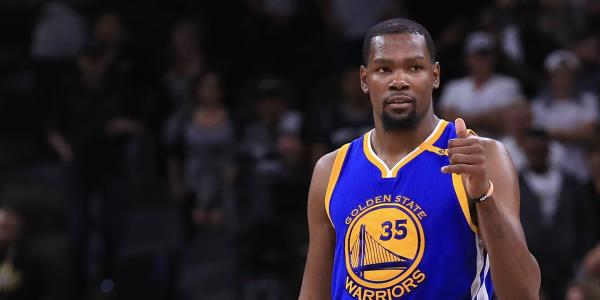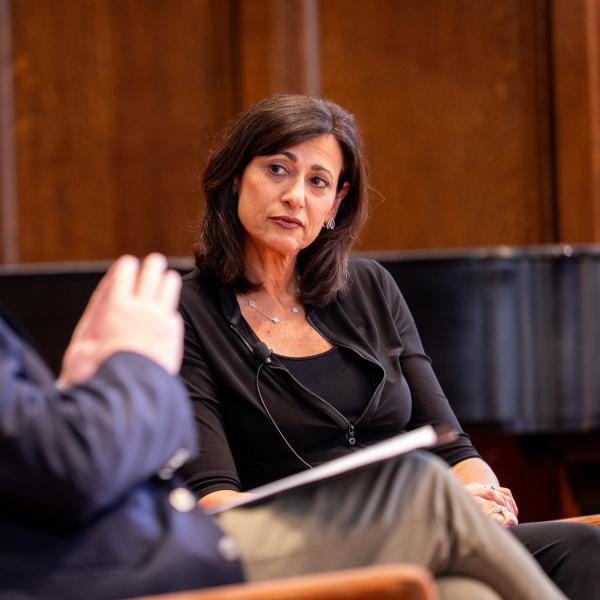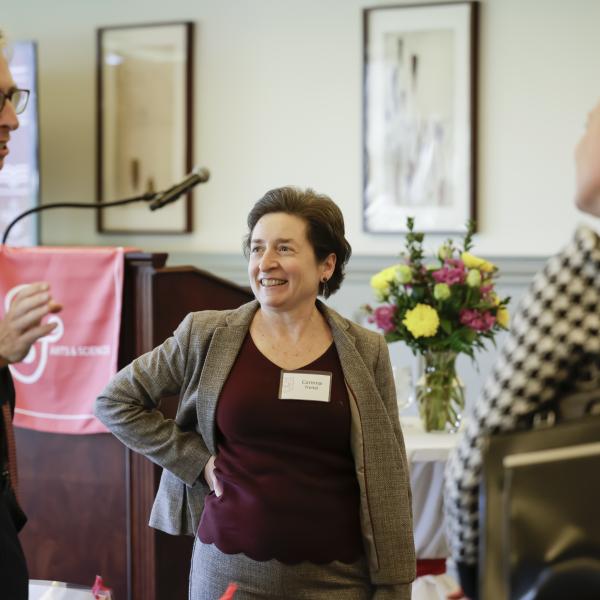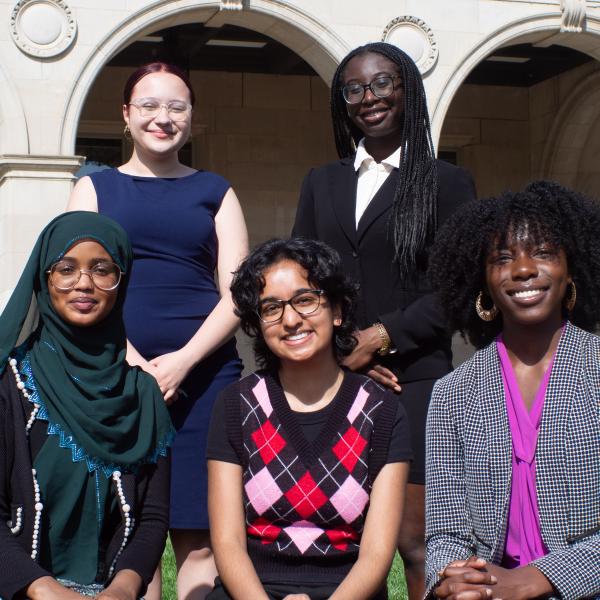
Noah Cohan, a lecturer in American Culture Studies, explores the ideas of sports narrative and fandom in his research. This fall, he is teaching a class called “The Black Athlete in American Literature,” in which he encourages students to analyze how the iconicity of the black athlete has changed over time, from Frederick Douglass to LeBron James. After his recent appearance in a New York Times article on the NBA, The Ampersand sat down with Cohan to discuss his passions, how it fueled his research, and his hopes for the class this year.
Tell us a little bit about yourself and how you got started here as a professor at WashU.
I have always been a sports fan, but I didn’t know I wanted to study sports until I was in my mid-twenties. In undergrad, I worked in the Athletics Department, did some sports radio, really all the “sport activities” as extracurriculars. When I came to WashU for grad school, in part because of the AMCS program, my personal interest became an intellectual interest. My dissertation was about thinking of sports as a narrative, how when we watch sports we are consuming a narrative, and we as fans are readers. I also became a founding member of the American Studies Association’s Sports Studies Caucus. We had our first official panel in 2012 and have had at least two or three panels at every conference meeting since then, bringing in scholars from history, sociology, art history, sound studies, etc., to talk about their work on sports.
So, through looking at the classes you have taught and are going to teach (“Empire of Hoop” taught this past spring, and “Black Athlete in American Literature” taught once before and being offered again this Fall), you seem to have a theme of basketball. Is there a reason this has been a focus of your teaching?
Basketball is a persona driven sport, in a way that baseball or even football is not as much. Basketball is individualized, and that personal flair and expressivity can impact game play and strategy. I think that is why, for basketball fans, it has been a lot easier to shift from thinking about basketball on purely competitive terms to more creative outlets. It’s this idea of “liberated fandom,” the freedom the game gives fans to think about their own attachment to the game. That ethos and creativity is what attracted me to studying the sport and what attracted me to basketball in terms of the game itself and the fan culture.
And of course, the media plays a big role in that as well.
Yes, the internet piece is important to that too. When I was growing up watching basketball, I had all kinds of ideas about basketball, but none that would have ever been communicated outside of my living room. Now with the internet, there is sort of an online intellectual production and discourse as the game is happening. It has sort of become this “petri dish” of expression.
What piece of advice would you give to students taking your class in the fall?
Sometimes popular culture classes generate a misconception. Students often think their affection for a subject matter is going to lessen the critical responsibility to think about these texts and how they relate to serious topics in our culture. Now don’t get me wrong. I don’t want people to come away from class thinking sports aren’t fun, but you also aren’t going to take my course and spend all your time talking about how your favorite player is awesome. There is going to be an effort to deepen students’ understandings of sports and how they relate to American life, the criminal justice system, and class politics—even if most of the time they can’t see those connections or choose not to. My goal is to encourage students to step back from their assumptions about their prerogative to judge athletes’ motivations. I try to reorient my students and help them reconceptualize what spectatorship and fandom are.
That brings to mind things like “The Decision” or the uproar about Kevin Durant leaving Oklahoma City. People were viscerally upset.
Right. This underscores, first, how much a team’s fortune can change with the movement of one player. This is one of the reasons I like to teach Scott Raab’s texts (The Whore of Akron and then later You’re Welcome, Cleveland). In one instance, he goes with a black friend to a historically black part of Cleveland and talks in the barbershop about LeBron James’s decision to leave. He’s struck by their insight into the fact that people in ordinary jobs make decisions to relocate their family all the time, and we never question that. But when this high-profile black man makes a decision, suddenly people think they have this right to scrutinize and villainize him. Sports fandom often makes people think they have some sort of ownership over the players, and given our nation’s history of slavery and the fact that the fans are mostly white and the players mostly black, it makes you think.
What is your favorite thing about teaching in Arts & Sciences?
The students are very committed and passionate. Many people in my classes are there purely because they want to be, and that gives me the ability to try out creative exercises that depend on class enthusiasm. For example, in my “Empire of Hoop” class, we mostly did not talk about the contemporary NBA (although we of course extensively considered its history). By the end of the semester, it was also near the end of the NBA regular season, and the MVP debate was going on. I decided to ask the class to break into groups based on who they thought was the best candidate for MVP and defend their case. But I also told them not to solely base their ideas on statistics, but also connect that particular player to frameworks for understanding basketball. How does that player fit into the cultural landscape of the NBA and the nation at large? It was really fun, and they got really into it. I feel that the energy and commitment of my students allows me to have really invigorating class discourses. I can do things in the classroom that combine critical thinking, enthusiasm, and creativity related to the subject.




